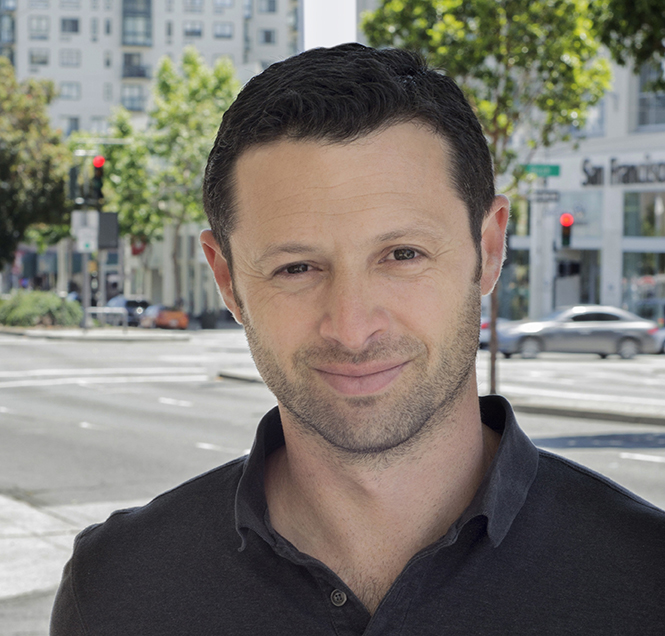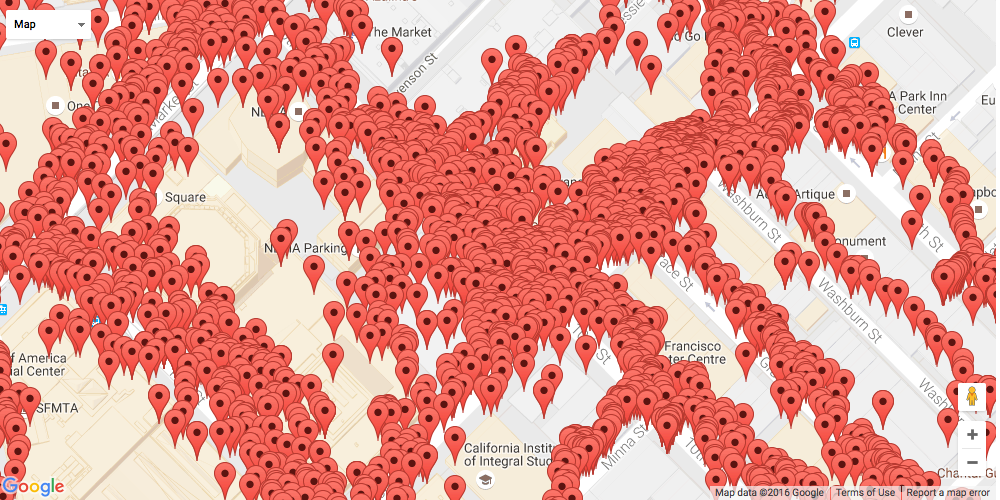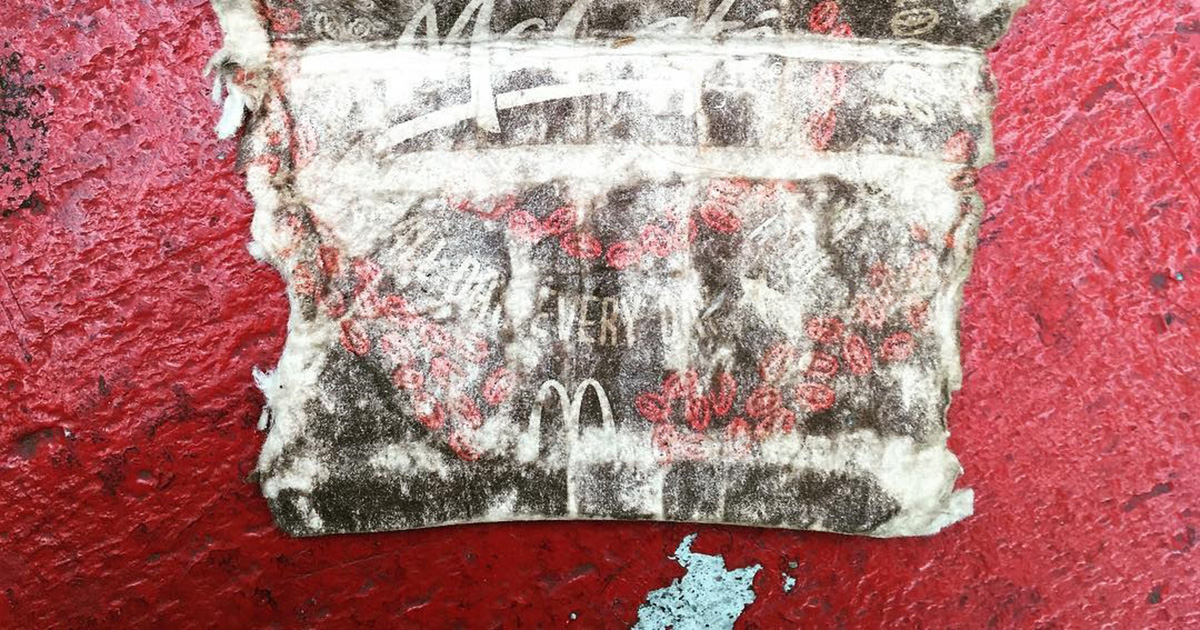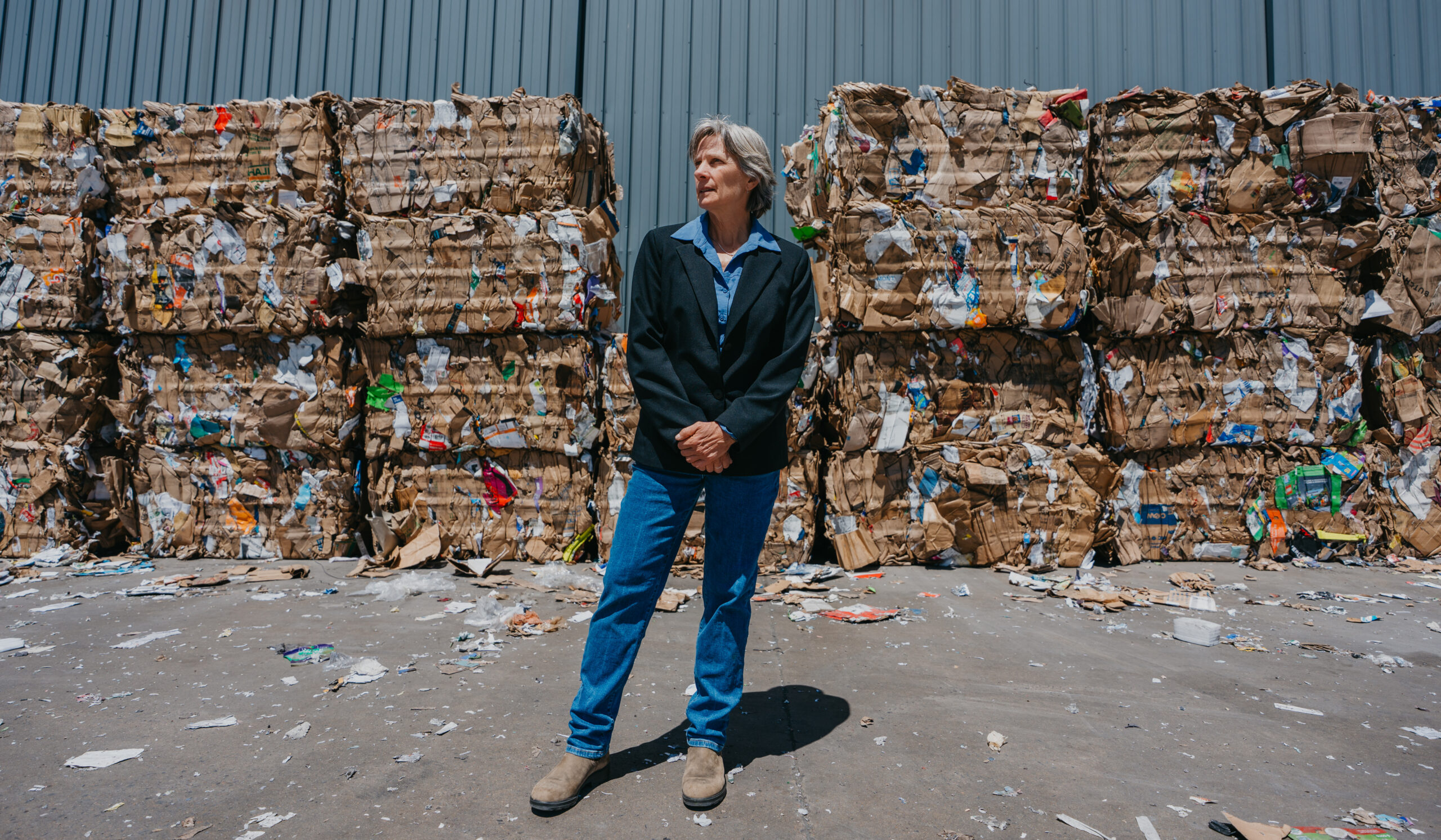Litterati started innocently enough: with a question from a 4-year-old girl about why a plastic tub of cat litter lay stranded in the woods.

Little did Jeff Kirschner, ’94, know that his daughter’s earnest inquiry back in 2012 would spark a global movement, one that would capture the imaginations of schoolchildren, the attention of civic leaders, and the curiosity of corporate executives.
Reflecting on his own role as a steward of the environment, Kirschner subsequently turned his eyes downward and noticed the ubiquitous presence of litter in the San Francisco Bay Area, which prides itself on its environmental ethos. He snapped a photo of a cigarette on a sidewalk, posted it to Instagram, and followed up with additional photos of litter he encountered throughout his daily travels, soon adding the #Litterati hashtag.
“I didn’t have the slightest notion of what this would become but knew I wasn’t OK with the status quo,” says Kirschner, who works as a strategy consultant and confesses no prior history as an active environmentalist. His Instagram posts inspired a few family and friends to begin sharing their own photos of litter. Within weeks, #Litterati had spread well beyond Kirschner’s personal network. The Instagram photos, Kirschner says, made litter artistic and approachable, pushing it from the background of everyday living to the forefront.
“For me, it was a giant dopamine release as I saw people get behind this,” Kirschner says.
Once a seemingly innocuous, solo endeavor, Litterati became a movement unifying and empowering people from San Francisco to Chicago to Shanghai to address a pandemic that burdens wildlife, taxes civic operations, and strains community pride.
“Picking up litter was traditionally an isolated, quiet act performed by individuals and that led to people feeling overwhelmed, even apathetic,” Kirschner says. “Litterati brought us into a community and those feelings of being isolated or overwhelmed gave way to power and passion.”
Kirschner ran toward building Litterati into something bigger and better, and into tackling a problem many feel—quite literally—is beneath them. He began constructing the data architecture capable of accommodating his vision: to create a global database of litter. The Litterati mobile app debuted on Earth Day, April 22, 2016.
Along the way, Litterati’s star continued to rise, earning attention from media outlets such as Rolling Stone, Time, and CNN. In December 2016, Kirschner spoke at a TED conference in New York City—an impassioned six-minute presentation since viewed more than 1.25 million times.
“It’s been a gradual slog and a lot of sacrifice, seeing new opportunities and hustling toward them,” Kirschner says of developing Litterati into an energized and credible social movement. To date, the Litterati community, an expansive group of individuals across more than 115 countries, has identified, mapped, and collected nearly 2 million pieces of litter.
“We’re collecting about 3,000 to 4,000 pieces each day and that number is growing fast,” Kirschner says.
The next stage in Litterati’s development, Kirschner explains, is to leverage the app’s data to drive policymakers, industry, and individuals alike to crowdsource-clean the planet. It’s something he believes can be done, even if eradicating litter is, by Kirschner’s own account, “a ridiculously ambitious goal.”
He shares the story of a group of California fifth graders who picked up 1,247 pieces of litter in their schoolyard. Upon discovering that plastic straw wrappers from the school cafeteria were the most common litter, they successfully lobbied their principal to cease buying straws.

And he recounts how San Francisco city leaders turned to Litterati for data on cigarette litter. After Litterati’s community collected some 5,000 cigarette pieces over four days, an increased tax on cigarette sales took hold in San Francisco that now generates $4 million annually to assist the city’s cleanup efforts.
“When you can share stories like these, that’s when the light bulb goes off and people see how they can move the needle,” Kirschner says.
While Kirschner openly acknowledges that the idea of photographing and collecting litter is “a bit odd,” he hopes to look back someday and know Litterati effected positive change in a world sorely in need of a boost.
“At the end of the day,” he says, “this is my way of leaving this place better than I found it.”
Chicago-based writer Daniel P. Smith has penned various stories for Michigan Alumnus, including profiles of Wolverine entrepreneurs Jerry Murrell of Five Guys Burgers & Fries fame and Andy Friedman of SkinnyPop Popcorn.





